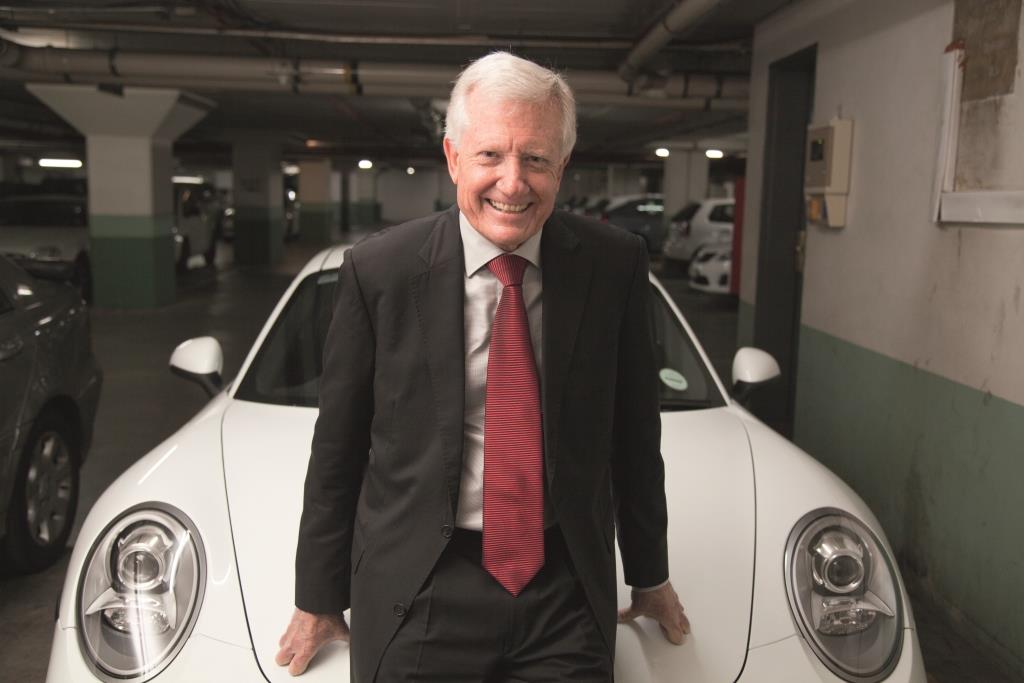Brand Pretorius attracts awards, nominations and accolades, similar to Kelly Slater collecting world surfing titles and Valentino Rossi world MotoGP championships.
The latest in a long list of awards was an honorary doctor’s degree in marketing, bestowed on him by the Durban University of Technology in April.
This former sales manager of Toyota South Africa, executive chairman of McCarthy Motor Holdings and executive director of the Bidvest Group, became the first member of the South African automotive industry to be inducted into their hall of fame in 2006.
He was also recognized as the most trusted leader in the country’s motor industry in the annual Trust Barometer opinion survey in 2009.
Pretorius’ love affair with cars started when his father brought a new Chevrolet 1956 home when he was a toddler. When his mother got her first car—a 1959 Renault Dauphine—that love affair became an obsession.
Pretorius is well qualified to speak on South Africa’s position as the undisputed ‘wheels’ leader of Africa.
“There are 1.7 million new vehicles sold on the continent per year, and South Africa accounts for 650,000 annually. There is a correlation between the gross domestic product per capita and the vehicle market.
“Obviously, from that point of view, South Africa is standing tall in Africa,” claims Pretorius.
“We have a vibrant manufacturing industry that makes us unique. Only two other African countries, Egypt and Morocco, manufacture a meaningful quantity of vehicles.
“Importing used vehicles is not allowed in South Africa, whereas in other countries it is.
“Used vehicles from Japan and Singapore are flooding the markets and are undermining the viability of manufacturing because the ratio between used and new vehicles could be as high as seven to one,” says Pretorius.
The automotive industry is one of South Africa’s most important sectors, contributing more than 6% to gross domestic product and accounting for more than 12% of manufacturing exports.
Pretorius says this favorable status quo is because the country weathered the global recession well.
The increase in disposable income as well as the explosive growth in black purchasing power has benefited the automotive industry.
The launch of the Motor Industry Development Program (MIDP) led to the dramatic acceleration of exports from an insignificant amount in 1995. More than 350,000 vehicles are expected to be exported in 2013.
“Another positive factor is that major global vehicle manufacturers have made the South African subsidiaries an integral part of their global supply chain,” he added.
Pretorius is widely hailed for his exemplary business leadership.
Probed about his style, he tells FORBES AFRICA: “The major benefit of servant leadership is that through serving, one engages people’s hearts and if you engage their hearts, you get a higher level of engagement, trust and willingness to work together.
“When Nelson Mandela was inaugurated in 1994, he said that he was not here to lead, but to serve.
“South Africans responded to that. They volunteered their goodwill, they joined hands and we saw a high level of commitment to a better future.
Pretorius said he is proud of the constructive and responsible way in which local business leadership is approaching its role of building a better future for all.
“In my opinion, we are setting an excellent example for the rest of the world. However, there is still so much more we can do.”
